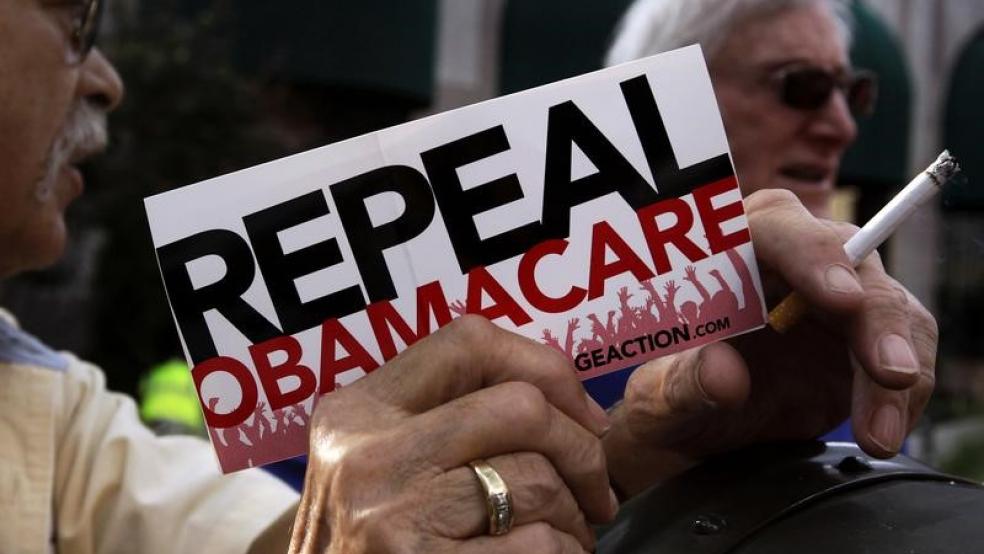The Trump administration issued new rules governing “short-term” health care plans Wednesday, paving the way for more Americans to purchase cheaper, less comprehensive health insurance.
The plans and the new rules: The short-term plans are not required to provide the full range of benefits defined by the Affordable Care Act, making them significantly less expensive. Insurers can deny coverage for pre-existing conditions, set caps on benefits and exclude coverage for maternity care, mental health services and preventative care. And as Larry Levitt of the Kaiser Family Foundation pointed out, short-term plans are not required to spend 80 percent of revenues on medical claims while limiting profits and administrative costs to 20 percent.
Insurers can now sell such plans to provide coverage for 12 months, with renewals that can stretch for up to three years, reversing an Obama administration decision to limit the duration of the skimpier health care plans to three months.
The Trump rationale: The administration said it was expanding the availably of short-term plans to provide options for people facing increased costs in the federal health insurance markets. Monthly premiums can be as little as one third the cost of comprehensive coverage. “A standard silver plan under the Obama law now averages $481 a month for a 40-year-old nonsmoker. A short-term plan might cost $160 a month or even less,” the Associated Press said.
The risks: Critics see the move to expand access to what they call “junk plans” as another shot in the Trump administration’s war on Obamacare, one that will further destabilize the federal marketplaces by allowing healthy people currently in ACA plans to switch to less expensive, less comprehensive coverage. The loss of healthier customers will drive prices for ACA plans higher as the overall health of the insurance pool declines. It’s “one of its most significant steps yet to chip away at the Affordable Care Act's insurance markets,” Axios said. Middle-class Americans with pre-existing conditions — who don’t get subsidies for ACA plans but can be denied short-term coverage — will face higher costs in particular (and the Kaiser Family Foundation has found that 27 percent of Americans under age 65 have pre-existing conditions that could lead insurers to deny them coverage).
Even the plans’ backers admit that short-term coverage can be a risky proposition. "It's a way better alternative to not being insured," Jeff Smedsrud of Pivot Health told the AP. "I don't think it's permanent coverage. You are constantly betting that for the rest of your life you won't have any health issues."
The projections: The administration expects 600,000 people to purchase short-term plans next year as a result of the changes, with about a third of those drawn from the ACA markets. The overall number is estimated to grow to 1.6 million by 2021, with about 600,000 of those moving from Obamacare plans to short-term coverage.




